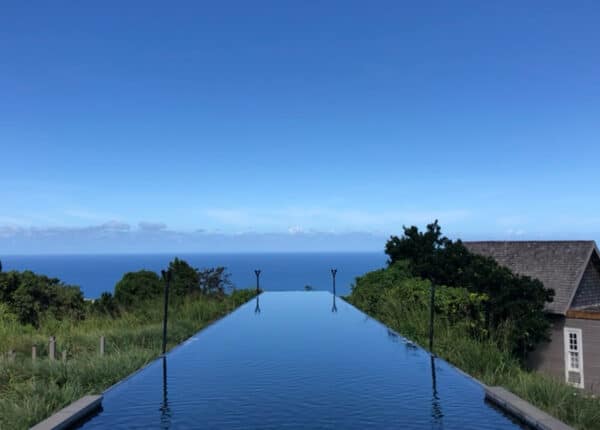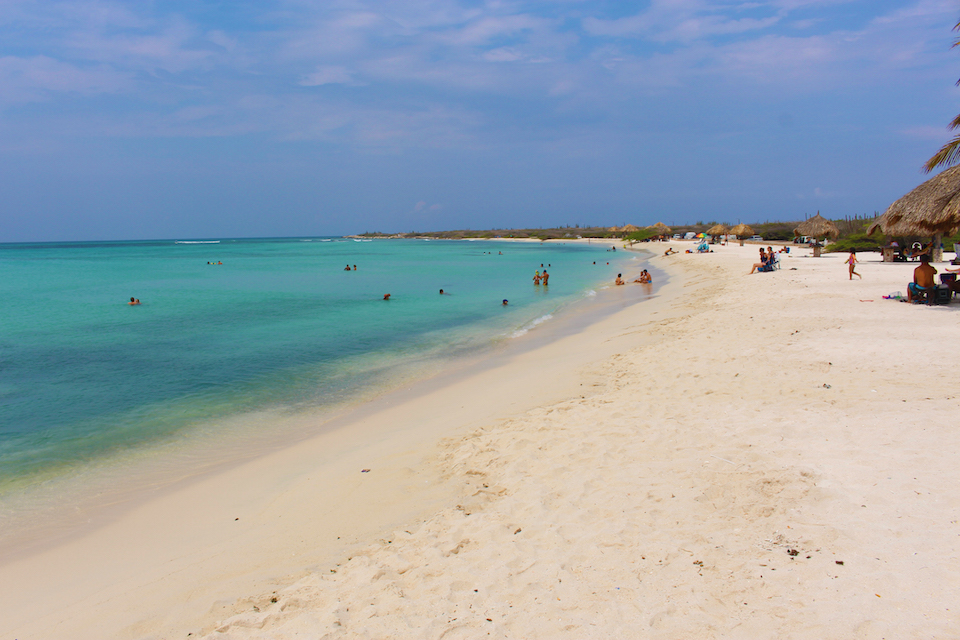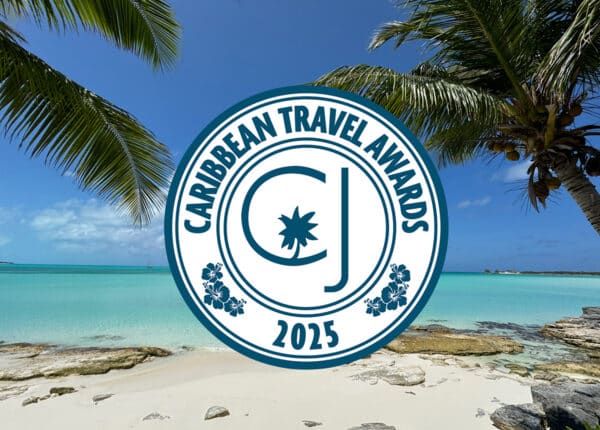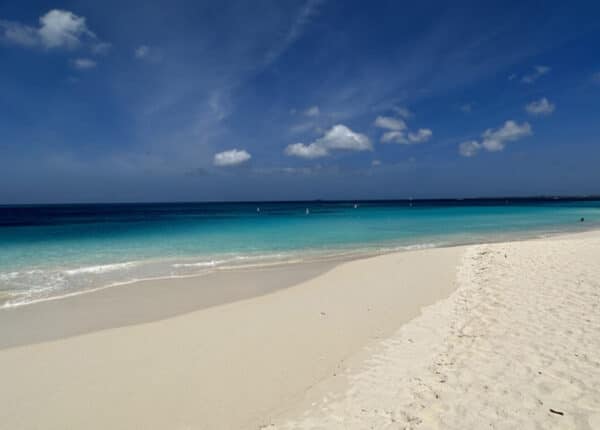By Otmar Oduber
Op-Ed Contributor
Our Aruban Government is promoting a policy to foster a balanced portfolio of on-island accommodations.
The rationale for this policy, which will impact the future of the destination’s all-inclusive sector, is simple and imperative: Tourism is Aruba’s heart and soul.
Our island’s GDP is 91 percent tourism-centric, ranking No. 1 in the Caribbean and No. 2 in the world, relative to size. And given Aruba’s high level of dependence on the tourism industry, it is our responsibility to formulate policy that best meets the island’s general interest and to re-address policy in respect to accommodation providers on island.
Our vision for a balanced mix of accommodations stems from research derived from more than 13 publications, which suggest a correlation between all-inclusive resorts and a decreased effect on local spending and immersion in local culture.
Aruba Tourism Authority also conducted consumer research to measure Aruba’s brand health and equity amongst both the U.S. and Canadian international travelers who have visited at least one Caribbean destination and/or Mexico in the past five years. As a key takeaway, the offering of all-inclusive accommodations is significantly less relevant to travelers than the quality of Aruba’s beaches, natural features and local culinary experiences.
Aruba proactively seeks an increased share of affluent visitors, who will enjoy Aruba’s dynamic culture and culinary scene influenced by more than 90 on-island nationalities. As such, it is our duty to analyze and supply this research to Aruba’s policy.
And when carefully considering all of these factors, among other key considerations, our government wishes to cap the share of representation of all-inclusive hotel accommodations at a maximum of 40 percent of the total transient hotel rooms.
We would also place an annual 20 percent cap on all-inclusive room nights sold by European plan hotels.
Of the 5,543 transient rooms on-island currently, 66 percent are in European plan hotels, whereas 34 percent are in all-inclusive resorts. This mix has effectively served as the foundation of Aruba’s overall tourism industry development.
We must emphasize – our goal is not to completely eliminate all-inclusive resorts. We understand this market is considered to be the fastest growing segment of the leisure travel industry in the next 10 years.
Our goal is simply to remain competitive and create balance, while re-evaluating the policy every five years to ensure Aruba’s best interests continue to be met.
Additionally, as alternative accommodations, ranging from apartments to condos and villas, continue to grow in popularity worldwide as well as in Aruba, our government is also making amendments to the island’s Hotel and Lodging ordinance – as we are committed to providing the highest quality vacation experience across all styles of accommodations, while also maintaining a level playing field for all partners.
These measures will ensure Aruba’s continued fruition.
Following a record-setting year of 1.07 million stay-over visitors in 2014, ATA reported total arrivals in 2015 increased by an additional 14.3 percent, totaling 1.22 annual stay-over visitors. Most Caribbean islands saw a 3-10 percent increase in annual stay-over arrivals from 2014 to 2015.
Aruba’s hotel sector also showed growth last year. Total visitor nights grew by 8.3 percent in 2015, while ADR increased by 2.7 percent to $237.39. Aruba’s RevPar has steadily increased over recent years, from the No. 8 overall Caribbean ranking in 2011/2012 to No. 7 in 2013 and No. 6 in 2014/2015 – and specifically in 2015, it increased by 1 percent to $191.10, which according to STR is higher than the Caribbean average of $158.
In addition to receiving more visitors, Aruba saw an increase in their spending in 2015. Tourism receipts increased in 2015 by 2.8% as compared to 2014.
So again we emphasize: Tourism is Aruba’s heart and soul. And ultimately, a healthy mix of on-island accommodations is crucial to the continued success of Aruba.
Otmar Oduber is Aruba’s Minister of Tourism, Transportation, Primary Sector and Culture.







